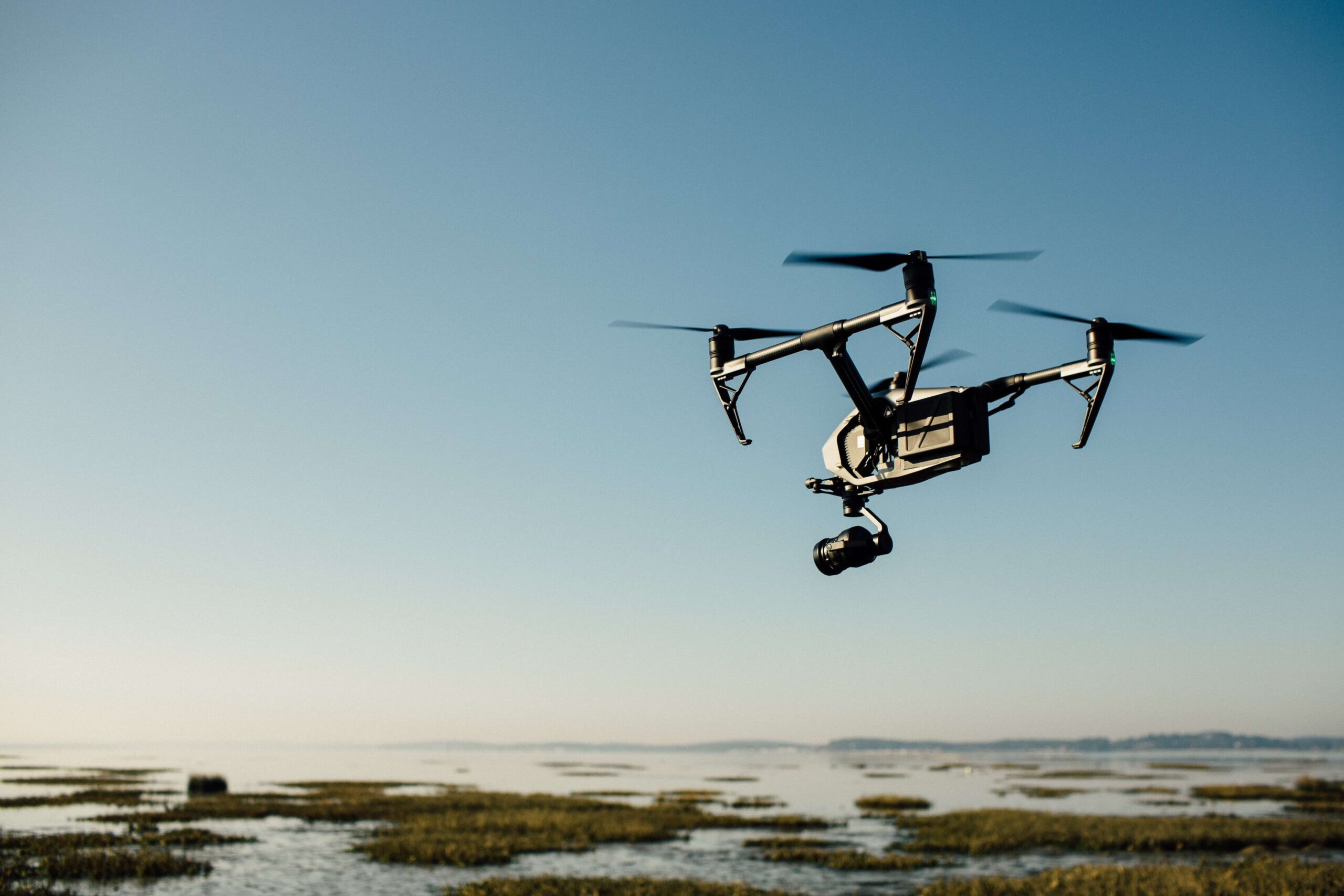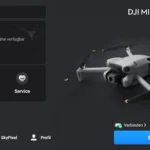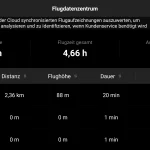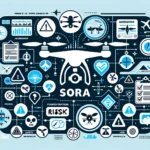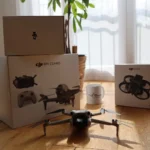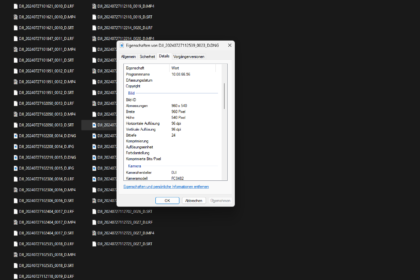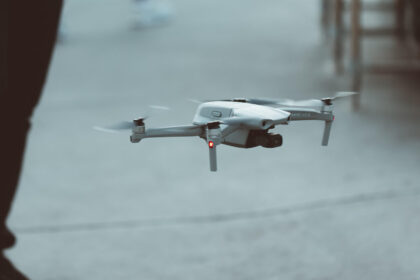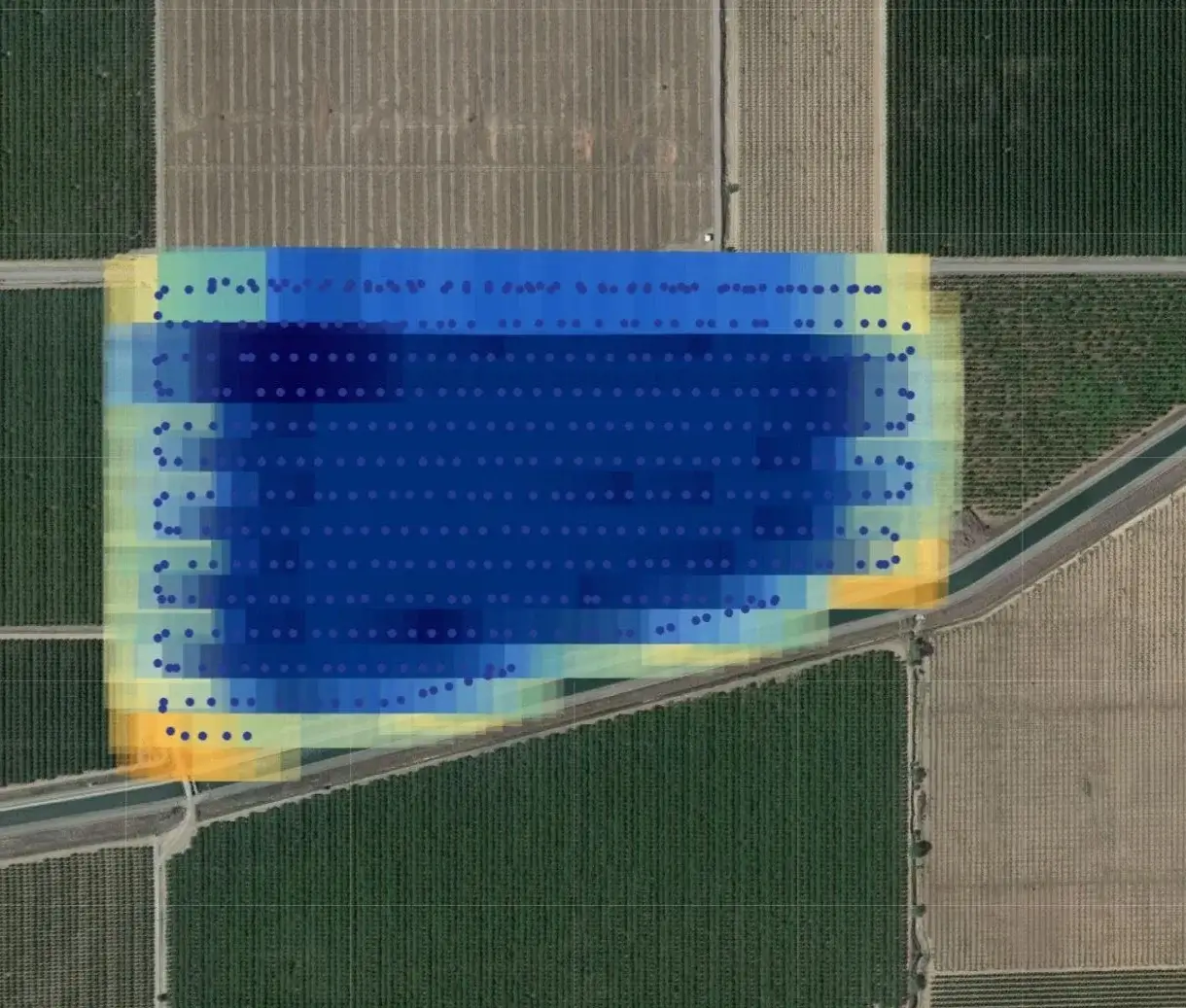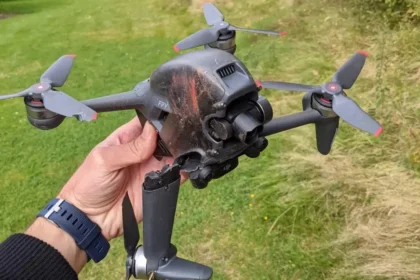We show you the 10 most common misconceptions that circulate around drones and often lead to problems for drone owners. If you pay attention to the following points, you will save yourself trouble and potential costs.
Most problems surrounding drones arise due to common misunderstandings on this topic. This is because many drone owners are still unaware of the regulations that apply to drone flights and when these already apply. If you want to buy a drone or give one as a gift, you should therefore memorise the following points carefully to avoid unnecessary trouble.
I can fly my drone wherever and however I want.
Wrong. One of the biggest misconceptions when it comes to drones. There are very clear rules for the operation of drones of all sizes and equipment that everyone must adhere to. These range from registering as a drone operator and obtaining a drone operator’s licence to areas in which flying is not permitted.
For many situations, however, it is also possible to obtain appropriate exemptions. There is almost always a solution, but you have to stick to the rules! Our article on the EU drone regulation provides a good overview.
If you need drone recordings and don’t want to deal with the requirements and regulations yourself, you should always use a professional service provider.
If I fly privately, different rules apply to me.
Wrong. The EU Drone Regulation makes no distinction between private and commercial drone flights. The same rules apply to everyone.
If I break the law, I won’t be penalised anyway.
Wrong. Violations of the EU Drone Regulation or the LuftVO (Germany) are punishable by fines of up to €50,000. Offences against the Aviation Act (Austria) can result in fines of up to €22,000.
Registration as a drone operator is only required for commercial drone pilots.
Wrong. Registration as a drone operator is required for all owners of drones weighing 250g or more, or if the drone has a camera. This therefore also includes the popular mini drones.
I can film and publish anything with my drone.
Wrong. Personal and data protection rights also apply when making recordings. So always pay attention to what you film and where, and ask the people involved for their permission. This is a very complex topic that cannot be explained in just a few sentences. You can find further reading on the subject here, for example.
As long as I’m not near an airport, I can fly as high as I like.
Wrong. The EU drone regulation specifies a maximum flight altitude of 120 metres in the most commonly flown category “Open”. Flights that are to take place higher fall out of the “Open” category and slip into the “Specific” category. They require a corresponding authorisation from one of the responsible authorities.
I can also fly higher than permitted for test purposes.
Wrong. Many drone pilots are of the opinion that they need to test the limits of their drones. Technically speaking, they are capable of flying much higher and further than the law prescribes. Of course, it is also not permitted to operate a drone outside the applicable regulations just for testing purposes.
My liability insurance always covers my drone flights.
Wrong. As a rule, drone flights are not covered by standard private liability insurance. Some insurance policies offer a drone clause, but this usually only covers very limited areas of application. However, fully-fledged drone liability insurance is a basic requirement for operating a drone. Whether private or commercial.
The same rules apply to me on holiday as at home.
Wrong. The EU Drone Regulation only applies within the EU and some other European countries. Each member state is also free to define its own geo-zones, i.e. areas in which drones may not be flown. When abroad, you should therefore always familiarise yourself with the local regulations before flying your drone.
After buying a drone, I can just fly it.
Wrong. Even though buying a dr one is easy for anyone, flying drones requires the necessary knowledge to operate them. This not only includes practice in flying itself, but also the corresponding certificates and licences required for the above-mentioned regulations.
Any questions? Feel like discussing?
What misunderstandings about drones have you already encountered? Which points bother you the most or what else can you think of on the subject? Feel free to discuss with our community and write in our forum.


